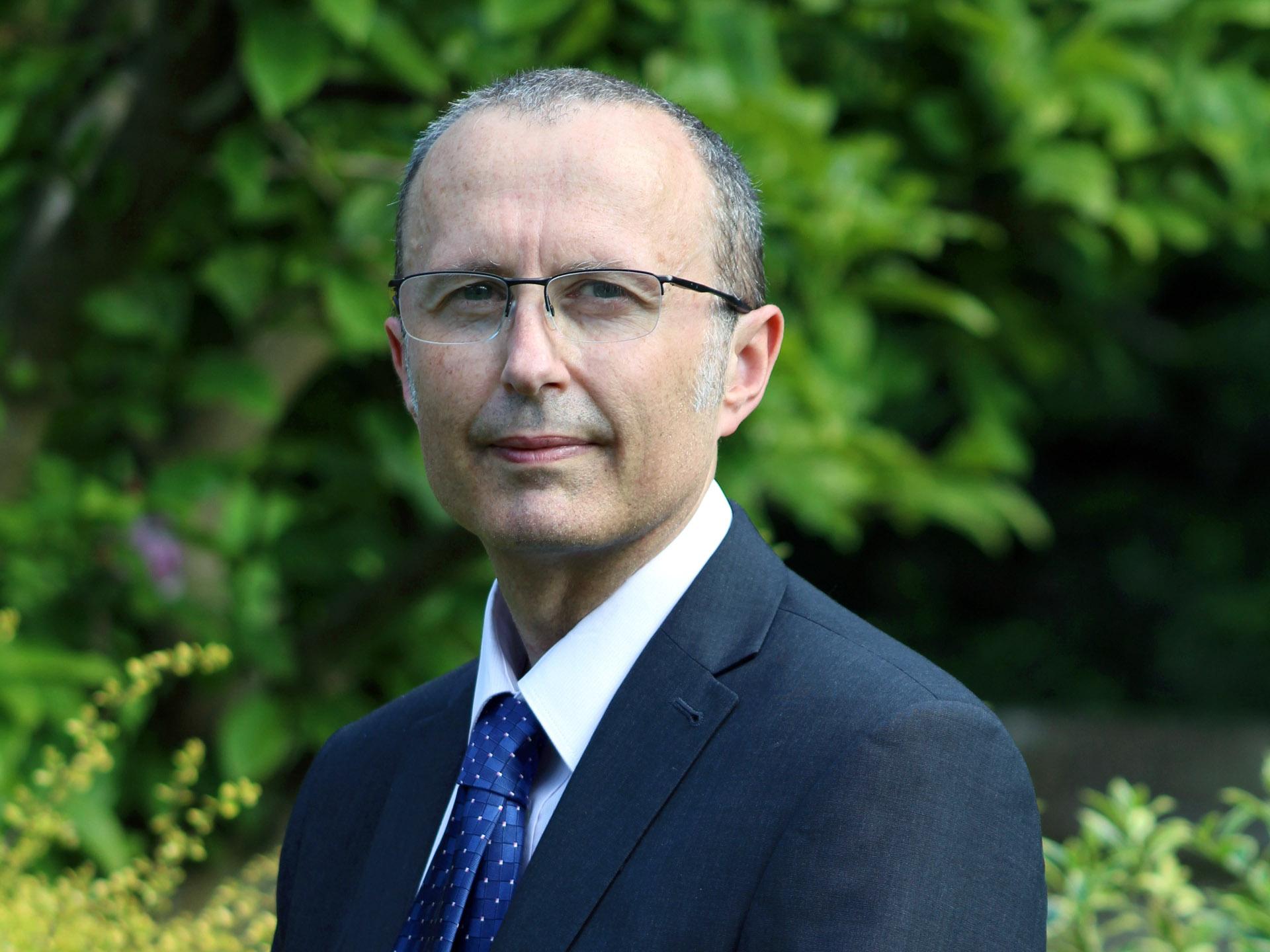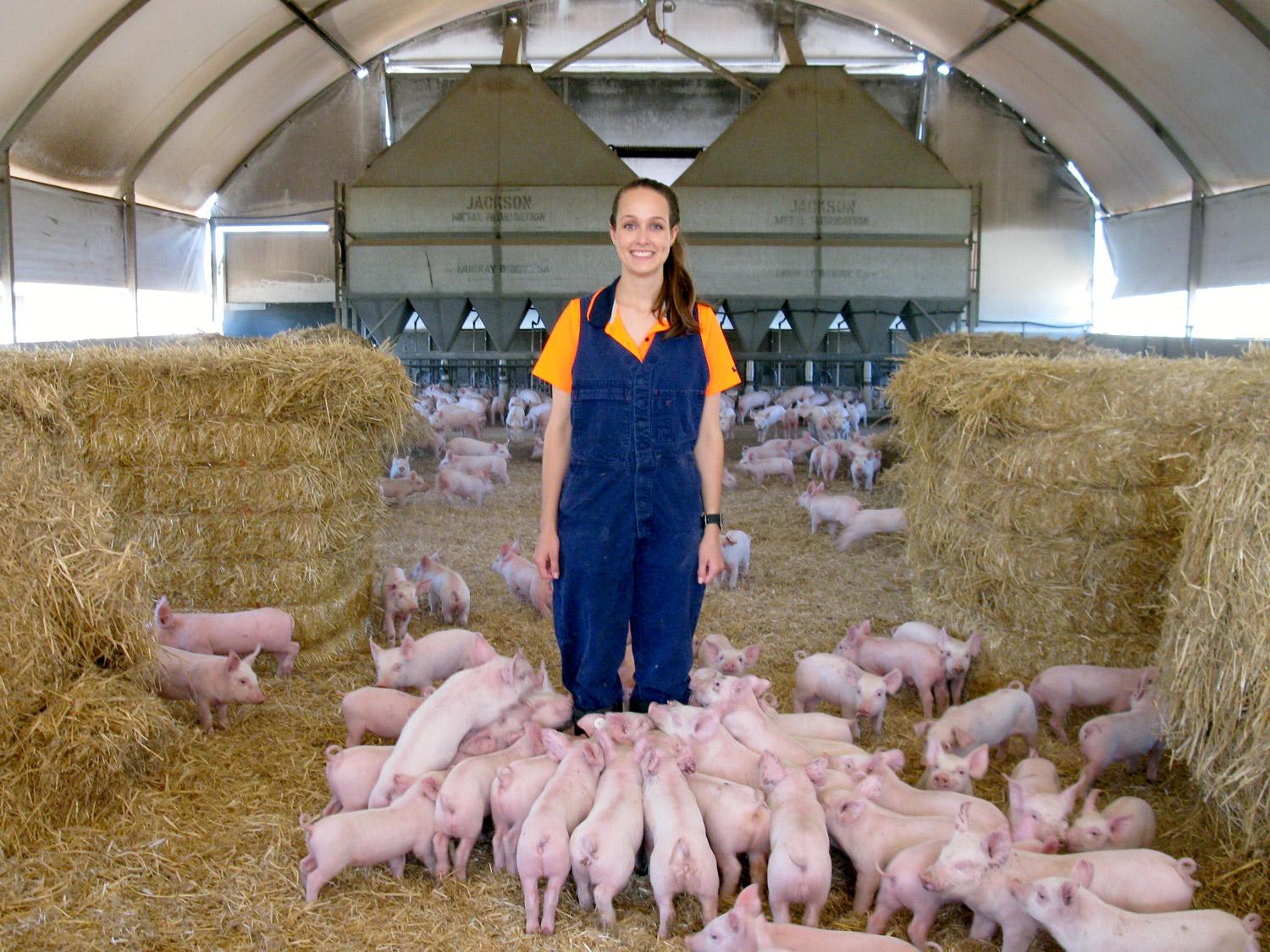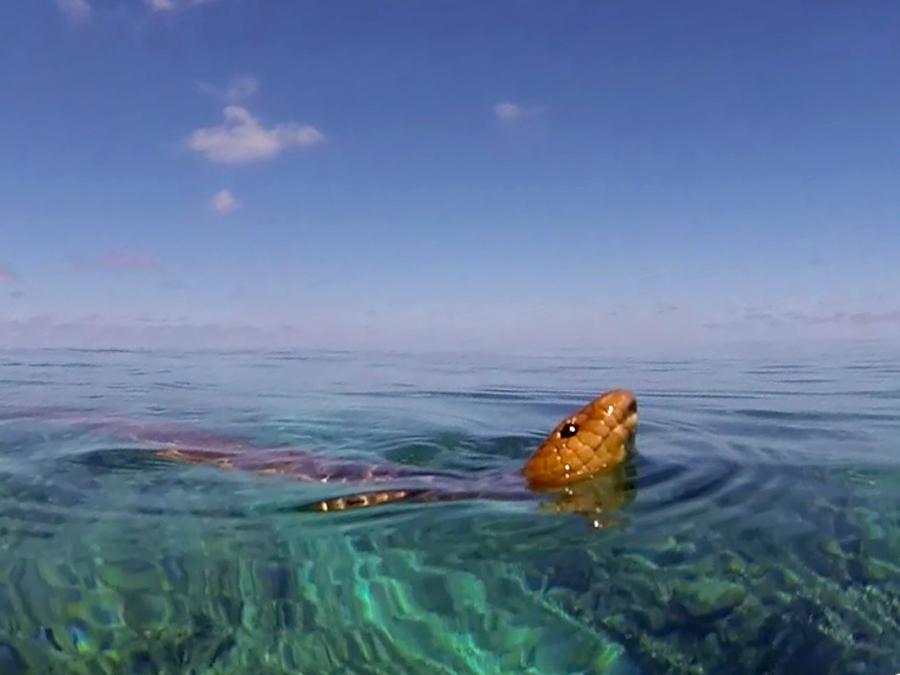Scientists in the news this week: June 5, 2020

This week, Faculty of Sciences Executive Dean Professor Keith Jones spoke to Nature about the changing experience scientists will have in the wake of the COVID-19 pandemic.
Professor Jones (pictured) discussed the impact this will have on geographically remote countries such as Australia because of the highly international scientific workforce, in the article titled, 'Scientists’ worlds will shrink in the wake of the pandemic'.
This is your update of University of Adelaide scientists in the news, for the week ending June 5, 2020.
Agriculture, food and wine
Continued coverage of PhD student David Brunton from the Weed Science Research Group comments on seed terminator machines in Countryman.

Animal and veterinary sciences
PhD student Tanya Nowland interviewed with ABC and was broadcast across twelve different ABC stations.
Tanya shared that transplanting stool samples from healthy people into sick people to treat medical problems has been done for a while and is now being studied as a treatment for animals. The aim of the study on animals is to improve the gastrointestinal bacteria in pigs.

Biological sciences
Sea snakes continued to be covered in the news this week including on the website Brinkwire.
Dr Bruno Simões and Associate Professor Kate Sanders feature for their involvement in a collaborative study which discovered that since sea snakes first entered the marine environment 15 millions years ago, they have evolved over generations to be able to see underwater and survive in changing environments.
Image: An olive sea snake taking a breath while foraging in Western Australia - by Dr Bruno Simões, University of Plymouth
PhD candidate Grace Hodder spoke to the Adelaide Advertiser about the project ‘Marna Banggara’ that is introducing the endangered brush-tailed bettongs into Australia’s largest open-range sanctuary at the bottom of Yorke Peninsula, in the hope to restore the landscape.
Continued coverage on Open Forum and itnews of a trial of the Felixer, an autonomous device invented by Dr John Read to assist with feral cat management.
Students and alumni
Wildlife conservation biology student Tiahni Adamson spoke to ABC and Radio National about her experience and findings on the CSIRO ship sailing from Darwin to Fremantle.
She also spoke about her hopes for future landscape management to combine both western and Indigenous science.
Wine alumni and Mollydooker Wines owner and CEO Sarah Marquis speaks to Kochie’s Business Builders and Glam Adelaide about her experience with COVID-19 and what the future will hold for her business.
Oenology graduate Alyson Tanenbaum of Vinteloper shares her journey in the wine industry with Winetitles Media.
Associate Professor Mark Nottle of the Reproductive Biotechnology Group at the Adelaide Medical School is an agricultural sciences graduate of the University of Adelaide. An article in The Bunyip newspaper discusses his research on IVF which was recently presented to a local rotary club.
Share your story
If you've featured in the media this week and don't get a mention above, send an email with the details to Rose Fitzmaurice in the Faculty of Sciences Marketing and Student Recruitment team.

